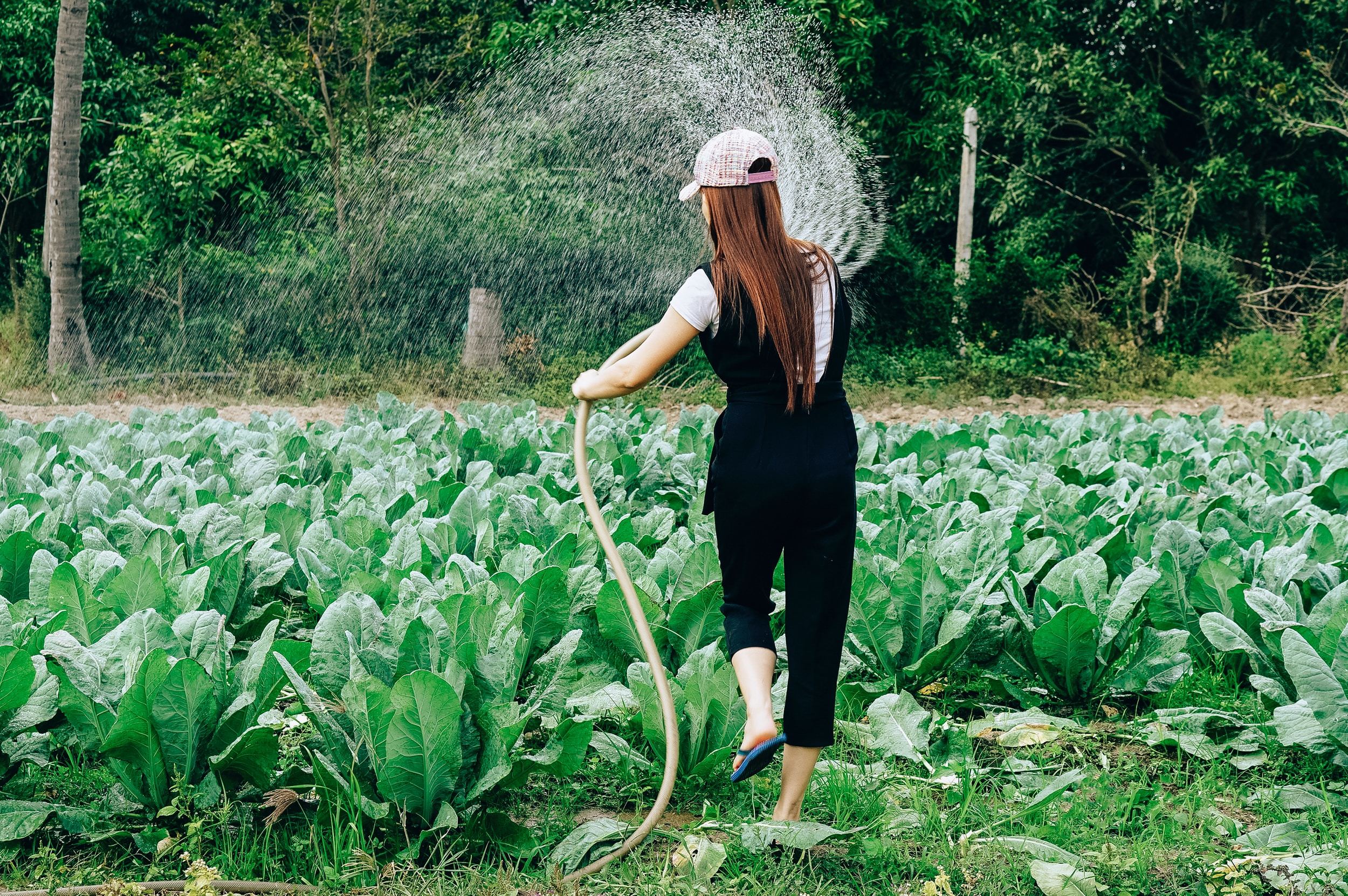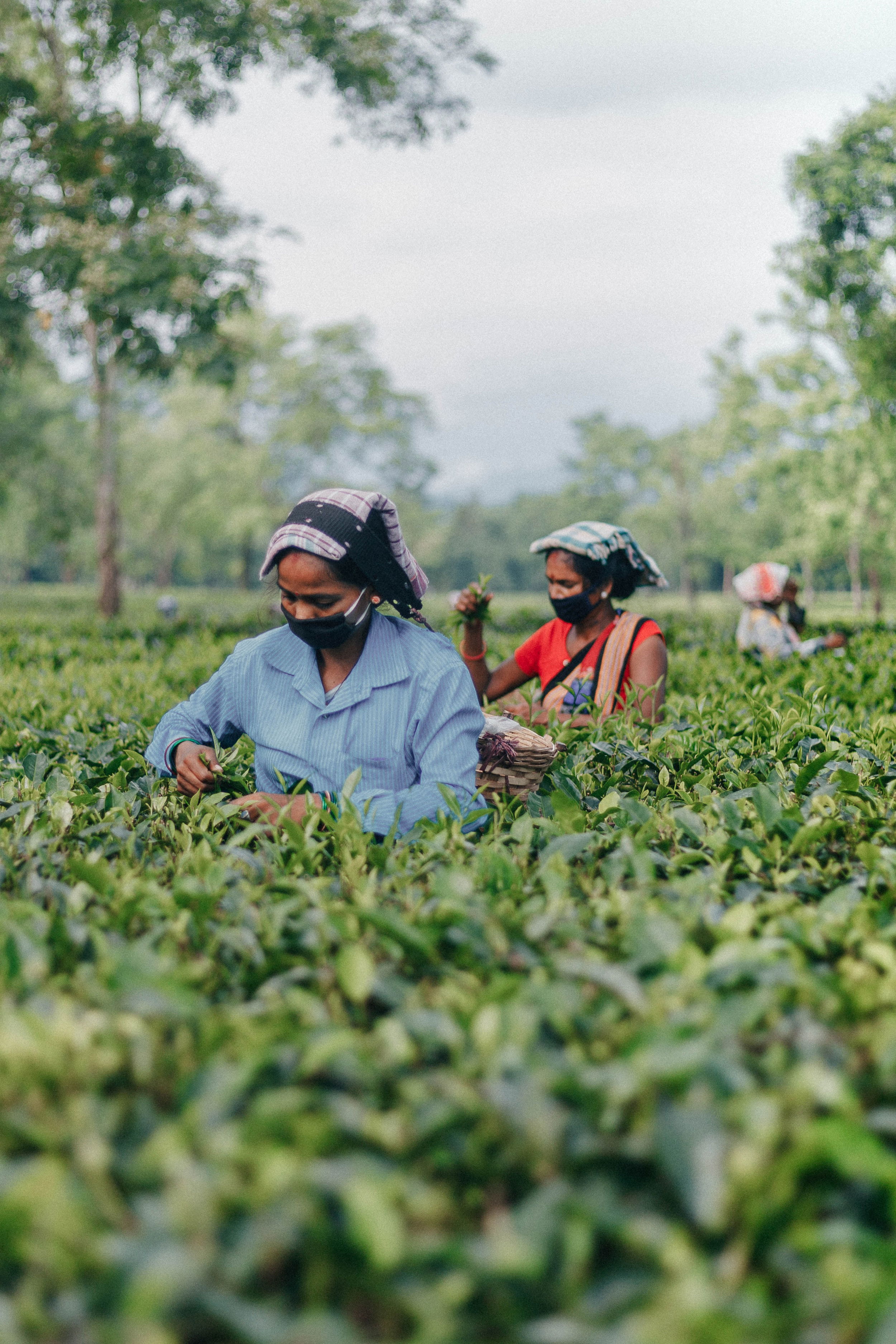Women in Agriculture: Empowering Female Farmers Worldwide
Agriculture is the backbone of many societies, providing food, livelihoods, and economic stability. Women have always played a significant role in agriculture, contributing to both subsistence and commercial farming. However, their contributions have often been undervalued and overlooked. In recent years, there has been a growing recognition of the critical role women play in agriculture and a concerted effort to empower female farmers worldwide. In this article, we will explore the challenges faced by women in agriculture, the importance of empowering them, and the initiatives aimed at achieving gender equality in farming.

The Vital Role of Women in Agriculture
Women in agriculture are involved in various aspects of farming, including:
Crop Cultivation: Women are responsible for planting, nurturing, and harvesting crops.
Livestock Management: They often care for livestock, including feeding, milking, and herding.
Food Processing: Women process and preserve food, making it suitable for consumption and sale.
Seed Saving: Women traditionally save and exchange seeds, preserving crop diversity.
Farm Management: Many women manage their farms independently or in partnership with their families.
Income Generation: They generate income through the sale of agricultural products.
Despite their extensive contributions, women in agriculture face numerous challenges that hinder their full potential and economic empowerment.
Challenges Faced by Women in Agriculture
1. Access to Land
- Women often have limited land ownership rights, making it challenging to secure loans and invest in their farms.
2. Access to Resources
- Unequal access to resources such as credit, technology, and training hampers women's ability to improve their farming practices.
3. Labor Intensity
- Women's roles in agriculture are labor-intensive, leaving them with little time for education, income-generating activities, or personal development.
4. Gender-Based Violence
- Women in rural areas may face gender-based violence, including domestic abuse and harassment, which affects their well-being and productivity.
5. Limited Decision-Making Power
- Traditional gender roles often relegate women to subservient positions, limiting their say in farming decisions and community leadership.
The Importance of Empowering Women in Agriculture
Empowering women in agriculture is not only a matter of gender equality but also a fundamental step toward improving food security, reducing poverty, and promoting sustainable development. Here are several reasons why empowering female farmers is crucial:
1. Increased Agricultural Productivity
- When women have equal access to resources and technology, agricultural productivity improves, leading to higher yields and food security.
2. Poverty Reduction
- Empowering women in agriculture can lift families and communities out of poverty by increasing income and economic stability.
3. Enhanced Nutrition
- Women often prioritize family nutrition, so empowering them can lead to improved dietary diversity and child nutrition.
4. Sustainable Farming Practices
- Women are often the custodians of traditional agricultural knowledge, which can be essential for sustainable farming practices.
5. Social Development
- Empowering women can lead to positive social outcomes, such as increased access to education and healthcare.
Initiatives Empowering Women in Agriculture
Numerous initiatives and organizations are working to empower women in agriculture worldwide. These efforts aim to address the challenges faced by female farmers and create opportunities for their advancement. Some key initiatives include:
1. Rural Women's Cooperatives
- Cooperative farming models empower women by providing access to resources, markets, and training.
2. Financial Inclusion Programs
- Microfinance and savings programs target women in agriculture, enabling them to access credit and save for the future.
3. Education and Training
- Training programs offer women agricultural and business skills, enhancing their ability to manage farms effectively.
4. Land Rights Advocacy
- Advocacy efforts seek to secure land rights for women, ensuring their ability to own and manage property.
5. Gender-Responsive Policies
- Governments and organizations are developing policies that address gender disparities in agriculture and promote women's rights.

Conclusion
Empowering women in agriculture is not only a moral imperative but also an essential step toward achieving food security, reducing poverty, and promoting sustainable development. Women play a crucial role in every aspect of agriculture, from seed to plate, and their contributions deserve recognition, support, and equal opportunities. Efforts to empower female farmers are not only about gender equality but also about creating stronger and more resilient agricultural systems that benefit entire communities and societies. As we move forward, it is essential to continue advocating for gender-responsive policies, investing in women's education and training, and fostering a culture of equality and inclusion in agriculture.
By empowering women in agriculture, we can unlock their full potential as agents of change and drivers of progress in the global effort to feed a growing population while safeguarding our planet's resources.
Sources:
- Women in Agriculture: Closing the Gender Gap for Development - World Bank
- The Female Face of Farming: A Growing Resource - Food and Agriculture Organization (FAO)
- Gender in Agriculture - United Nations
- Empowering Women in Agriculture: Lessons from India - Harvard Kennedy School
- Advancing Gender Equality in Agriculture - USAID